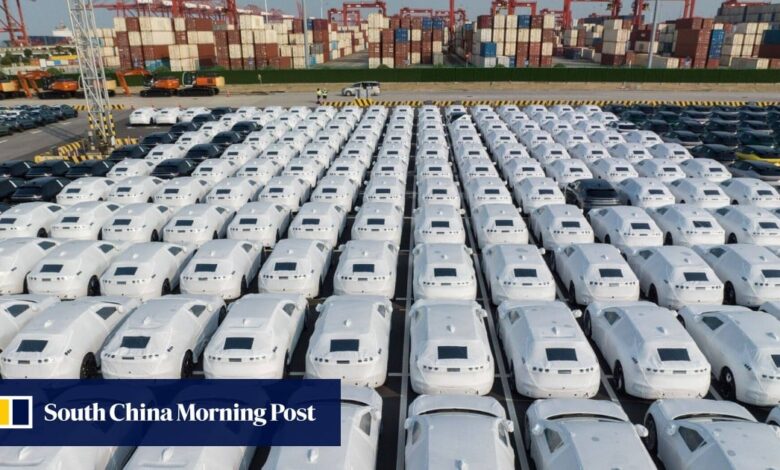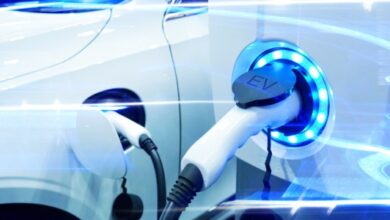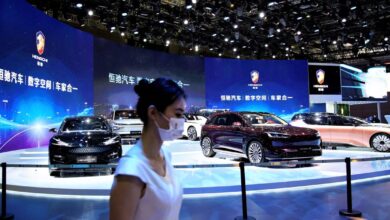Chinese EV makers’ price wars in overseas markets will sew doubts over quality: Bain

It warned them, however, that localising production carries risks arising from geopolitical tensions and regulatory compliance.
China is the world’s largest automotive and EV market, with electric car sales accounting for 60 per cent of the global total.
Last September, UBS predicted Chinese-made cars, benefiting from a faster pace of electrification, would control a third of the global market by 2030, up from 17 per cent in 2022.
The cost of building a Seal, a rival to the Model 3, was 15 per cent lower, the report said. In Europe, the Seal had a sustainable 25 per cent cost advantage over rivals, even factoring in growing trade barriers such as tariffs, it showed.
BYD, backed by Warren Buffett’s Berkshire Hathaway, mainly makes cheaper pure-electric cars and plug-in hybrid vehicles, priced from 100,000 yuan (US$13,786) to 200,000 yuan. The company’s blade battery packs are popular with consumers and other EV assemblers because the cells are arranged in a more efficient array to increase energy density and enhance resistance to overheating.
A price war among Chinese EV assemblers has been spreading to overseas markets as more than a dozen players look abroad to bolster sales and chase higher profits to offset losses at home.
The carmakers are locked in a fierce price competition in overseas markets like Southeast Asia amid heightened worries about overcapacity on the mainland.
Last month, Deloitte said in a report that BYD had a 33 per cent share of the EV market in the Association of Southeast Asian Nations (Asean) countries, trailed by Neta-branded electric cars whose sales accounted for 14 per cent of the regional total.
Bain’s Liu said Chinese electric-car makers should play the long game when it comes to expanding abroad and try to create reputable brands rather than chasing short-term gains in sales.
“They are advised to compete in the premium segment and attract wealthy customers,” she added. “Offering discounts to woo price-sensitive buyers is not sustainable.”



